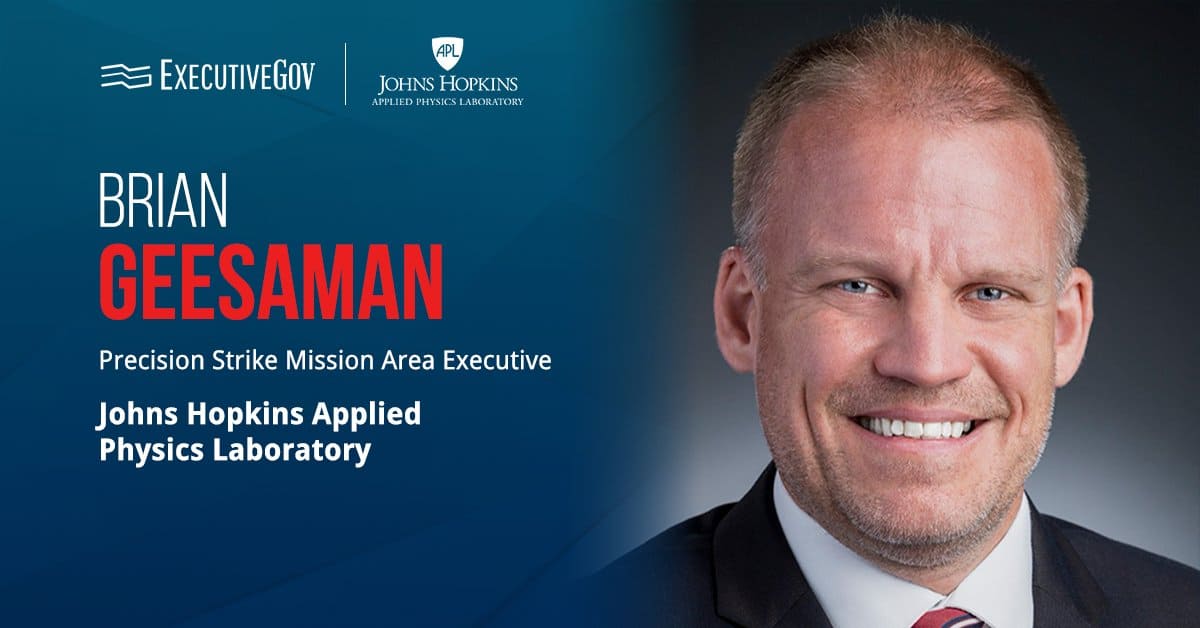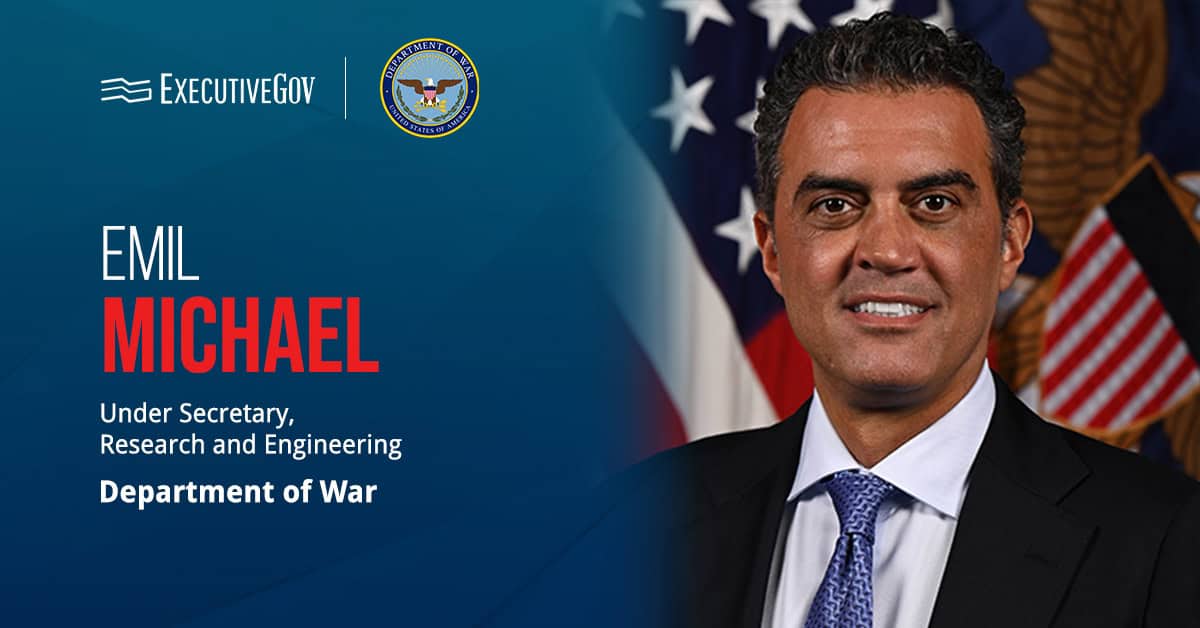The Department of Homeland Security has concluded the first phase of its inaugural Hack DHS bug bounty program, with $125,600 in prizes awarded to successful cybersecurity researchers.
The DHS said Friday 450 participating ethical hackers identified 122 cybersecurity vulnerabilities within select external agency systems, with 27 considered by officials as critical weaknesses.
The second phase of Hack DHS will focus on in-person hacking while the third and final phase will involve informing future bug bounty programs.
Launched in December, the three-phase Hack DHS is designed to provide a template other organizations can use for improving their respective cybersecurity resilience.
“Hack DHS underscores our Department’s commitment to lead by example and protect our nation’s networks and infrastructure from evolving cybersecurity threats,” explained DHS Secretary Alejandro Mayorkas, a previous Wash100 Award winner.





